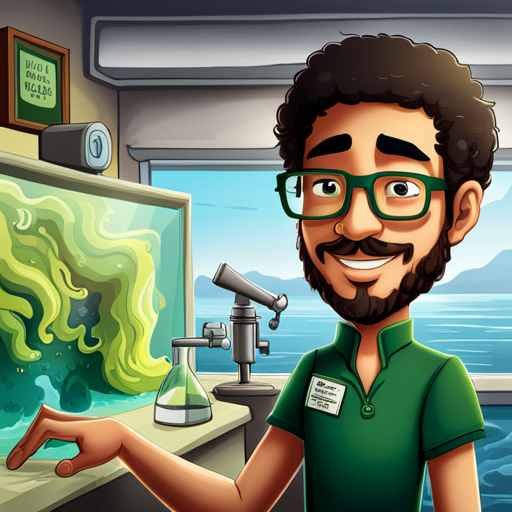Wastewater treatment is a critical aspect of maintaining a clean and sustainable environment. As the global population continues to grow, the demand for efficient, cost-effective, and eco-friendly wastewater treatment solutions has become increasingly important. One such solution that has gained traction in recent years is algae-based wastewater treatment systems. Algae possess several unique characteristics that make them ideal for treating wastewater, including their ability to remove pollutants, produce oxygen through photosynthesis, and generate valuable biomass as a byproduct. In this article, we will explore a case study of a successful implementation of an algae-based wastewater treatment plant in Spain.
Located in Chiclana de la Frontera, a town on the southern coast of Spain, the All-gas project is the largest algae-based wastewater treatment plant in Europe. The facility was developed as part of the European Union’s Seventh Framework Programme for Research and Technological Development (FP7) and was officially inaugurated in 2013. The primary goal of the All-gas project is to demonstrate the viability of using microalgae to treat municipal wastewater while simultaneously generating renewable energy in the form of biogas.
The All-gas project utilizes a unique combination of anaerobic digestion and microalgae cultivation to treat wastewater from the local community. The process begins with the collection of wastewater, which is then subjected to primary treatment to remove large solids and debris. The partially treated water is then transferred to algal ponds, where microalgae are cultured under optimal conditions for growth. These microorganisms consume nutrients present in the water, such as nitrogen and phosphorus, effectively removing them from the wastewater.
As the microalgae grow and reproduce, they produce oxygen through photosynthesis, which helps to break down any remaining organic matter in the water. The end result is clean water that can be safely discharged back into the environment or reused for agricultural irrigation.
In addition to treating wastewater, the All-gas project also harnesses the power of algae to generate biogas. After the microalgae have consumed the nutrients in the wastewater, they are harvested and subjected to a process called anaerobic digestion. During this process, microorganisms break down the algal biomass in the absence of oxygen, producing methane-rich biogas as a byproduct. This biogas can then be collected and used as a renewable energy source for heating, electricity generation, or even transportation.
The All-gas project has proven to be highly successful in demonstrating the potential of algae-based wastewater treatment systems. The facility currently treats approximately 300 cubic meters of wastewater per day, which is equivalent to the daily wastewater production of around 1,000 people. Moreover, the project has achieved a 95% reduction in nitrogen levels and an 85% reduction in phosphorus levels in the treated water.
In terms of energy production, the All-gas project generates enough biogas to power approximately 200 vehicles per year. This not only helps to reduce dependence on fossil fuels but also contributes to a circular economy by transforming waste into valuable resources.
The success of the All-gas project in Spain serves as a prime example of the potential for algae-based wastewater treatment systems to address global challenges related to water pollution and renewable energy production. As research and development efforts continue to refine and optimize these systems, there is significant potential for widespread adoption of algae-based solutions for sustainable wastewater management.


